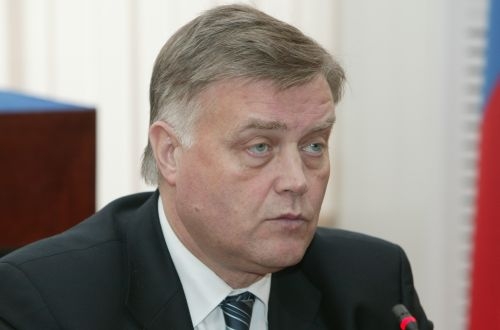"The target model of railfreight in Russia provides for the continuing integration of rail transport infrastructure and transport activities until at least 2015," Yakunin told delegates at the opening session of the eighth International Rail Business Forum: 1520 Strategic Partnership conference, being held in Krasnaya Polyana, the location for the 2014 Winter Olympics.
"Nevertheless, this issue is important to us both as giving the context for discussing possible models for competition in transport activities by establishing local carriers, and in view of the need for the state to adopt a long-term model of the national railway company before any steps are taken ahead of the possible privatisation of shares in Russian Railways," Yakunin explained. "We think it is extremely important to have a broad public discussion of these issues in order to help the government develop a correct idea about the model for rail operations."
A joint study by A T Kearney and Russia's Institute of Natural Monopolies Research (IPEM) says that the appearance of local carriers on 17 routes will reduce RZD's railfreight revenues by 3.5% and cut earnings by 28%, forcing RZD to increase tariffs by 2.1%.
RZD has already moved a long way towards the separation of operations from infrastructure by setting up railfreight subsidiaries and selling shares in them, although it has retained ownership of the locomotives in order to maintain control of train operations. A long-distance passenger operator, together with several commuter rail operators, have also been set up, but as subsidiaries of RZD.

